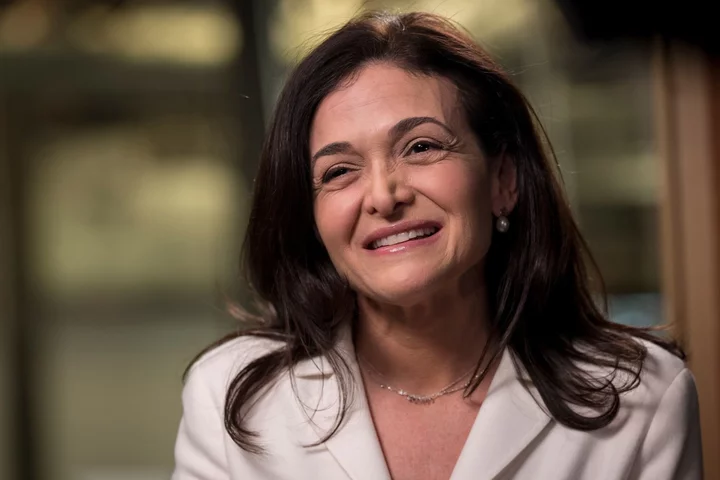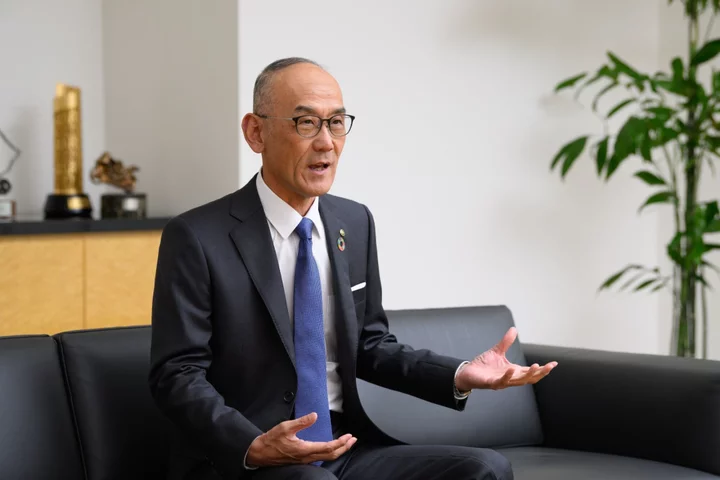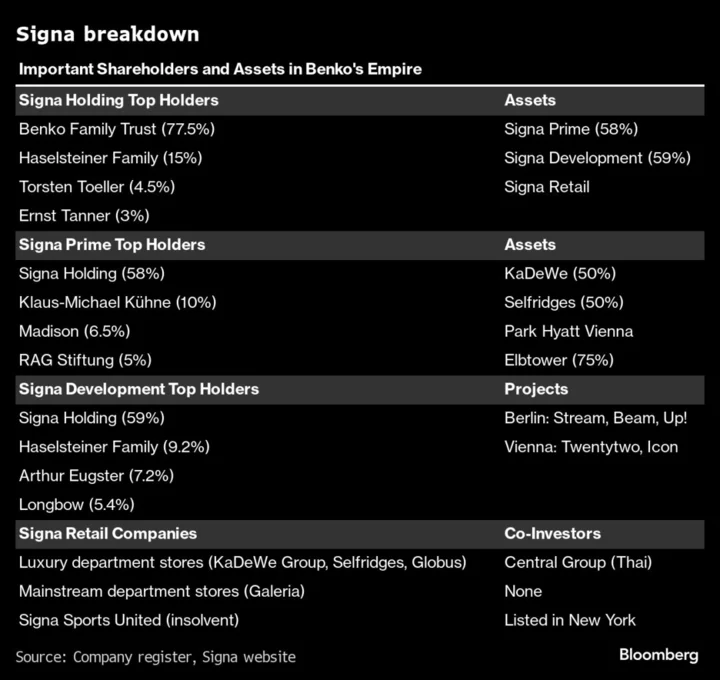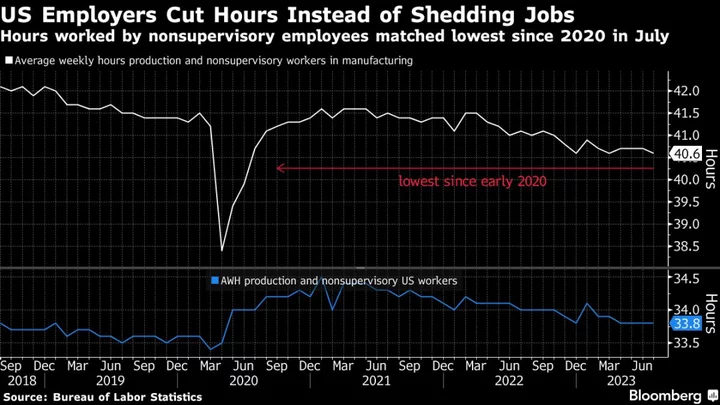A decade ago, Sheryl Sandberg wrote the best-seller Lean In for women navigating the corporate world. Now, she wants to inspire the next generation of female leaders.
Sandberg’s non-profit, LeanIn.Org, has launched a new leadership program for girls 11- to 15-years-old called Lean In Girls, which aims to teach them lessons on resilience, positive risk-taking and leading boldly. In raising her own family, Sandberg said she noticed that girls lose confidence and their voice “somewhere around middle school,” an observation that is backed up by data. “These are the 10 years where I became a mother of older kids — as a parent of teenagers, boy do I see those differences,” she said.
The free-of-charge program consists of 15 lessons that are based on social science research, expert input and feedback from girls. The first eight lessons are available globally, along with online facilitator training. The remainder, which tackle more challenging issues, will be delivered in the US and Canada through partner organizations such as Kipp Schools, Girls Inc. and the Girl Scouts of Northeast Texas.
Sandberg said the project is part of her effort to increase the number of women in top career positions, which is still too low. “One of the thoughts we had was maybe we just need to start younger,” she said.
Rachel Thomas, chief executive officer of LeanIn.Org, said the program also aims to redefine what leadership means and move away from the traditional command-control style that doesn’t typically resonate with girls. She said it will give girls tools to identify and challenge the negative stereotypes and beliefs that hold them back. “Naming it and giving them tools to identify it and push back against it and reframe it can be really powerful,” she said.
Latricia Barksdale, the vice president of Lean In Girls, said the program targets a critical moment in identity formation and development. “They may not know it’s not about them, but actually the world around them,” said Barksdale.
The material also provides additional advice and resources for adults. According to research compiled by the group, only one in five girls aged eight to 17 believe they have the qualities to be a leader and almost half of high school girls think speaking their mind will make them unlikeable.
When it was published in 2013, Lean In became an international bestseller and has since sold millions of copies around the world. The book inspired Lean In Circles, where many women still gather regularly to debate, commiserate and discuss their aspirations. But Sandberg’s philosophy has faced criticism for being elitist and out of date, and the book was seen as ignoring the struggles of lower-income women and single moms. The term “lean out” emerged as a counterpoint to Sandberg’s message.
Sandberg, 53, acknowledges the “lean in” slogan can be misunderstood. “We were never telling women to act like men. We were telling women to go lead in their own way,” she said. Sandberg herself left as chief operating officer of Meta Platforms Inc. last year in part, she said, to work on more projects like Lean In Girls.
The launch comes after millions of women left the workforce during the Covid-19 pandemic to care for their families, and disproportionately shouldered those responsibilities compared to men. American teens are under particular stress, with almost three-in-five teenage girls saying they feel persistently sad and hopeless, according to a recent survey by the Centers for Disease Control and Prevention. That was almost twice the rate of teenage boys.
Rainesford Stauffer, author of All the Gold Stars: Reimagining Ambition and the Ways We Strive, said that individual empowerment is part of supporting young people, but education should also address the systemic issues they’re routinely worried about. “They’re aware that most of us are not going to achieve our way out of these larger systemic issues, but it feels like there’s an expectation to do that anyway,” said Stauffer.
Thomas says the new curriculum incorporates all of the feedback received over the past 10 years, good and bad. “We have a strong growth mindset as an organization. We’ve continued to evolve and be more of the moment, more intersectional and inclusive,” she said.
(Corrects the number of free lessons offered through the program.)









